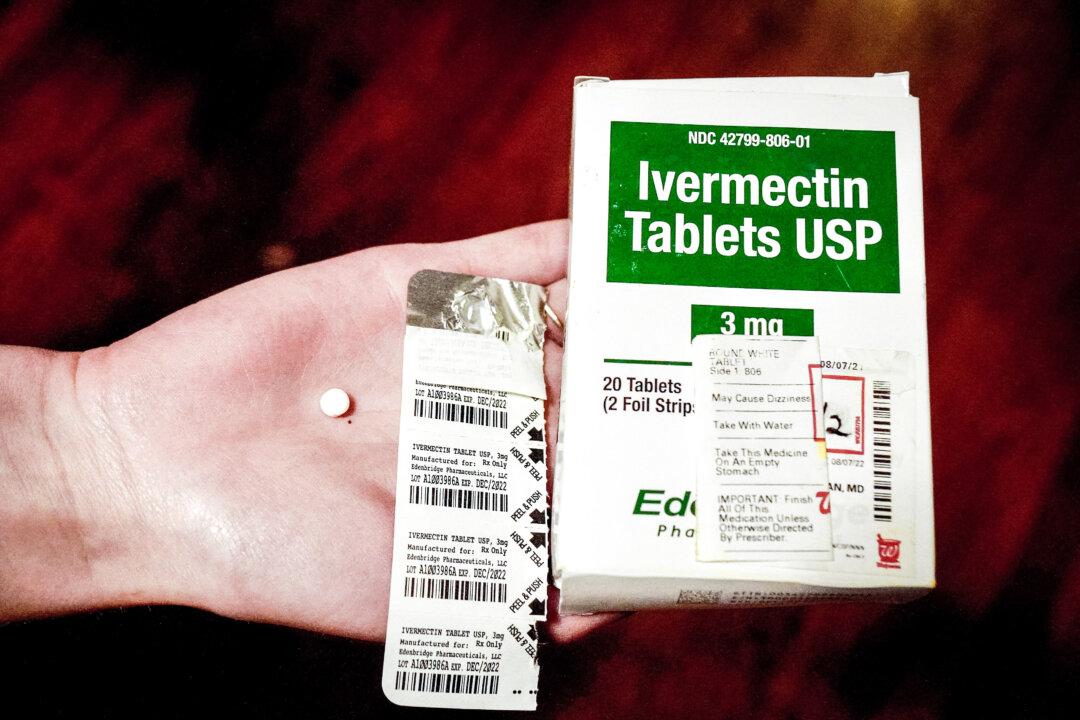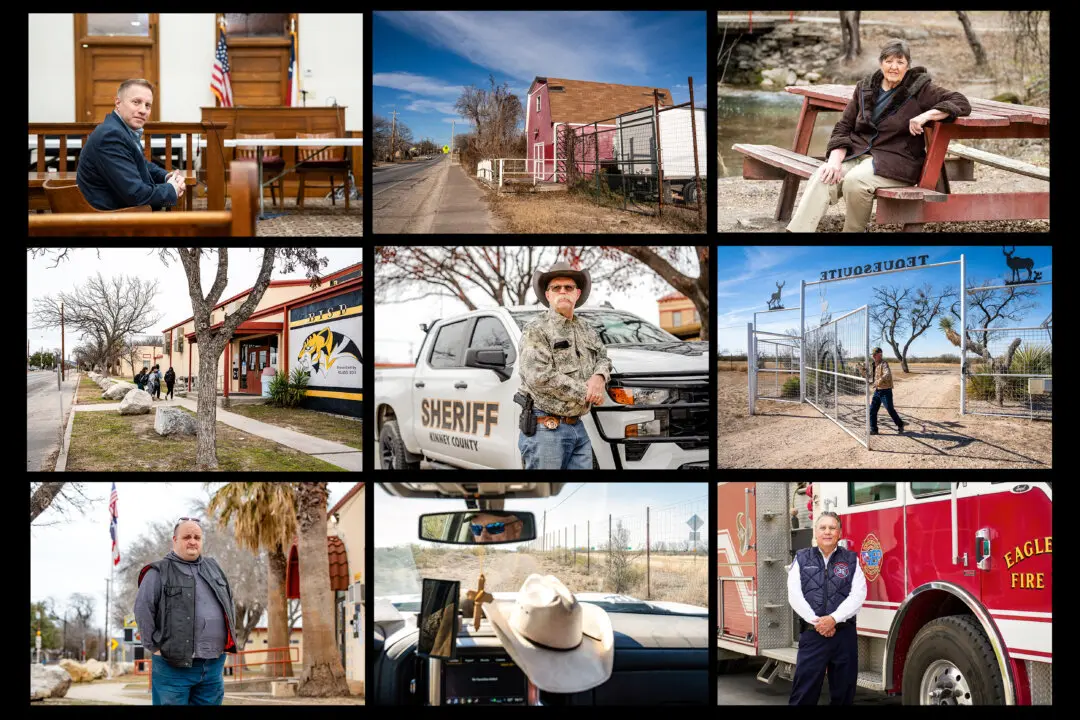The University of Arizona (UA) nursing school promotes the idea that toddlers can be transgender, according to slides confirmed to be part of a training program for student nurses.
Libs of TikTok, an account on X, formerly known as Twitter, posted a photo of UA nursing school training slides that coach future nurses on how to question children as young as 3 about their gender.





